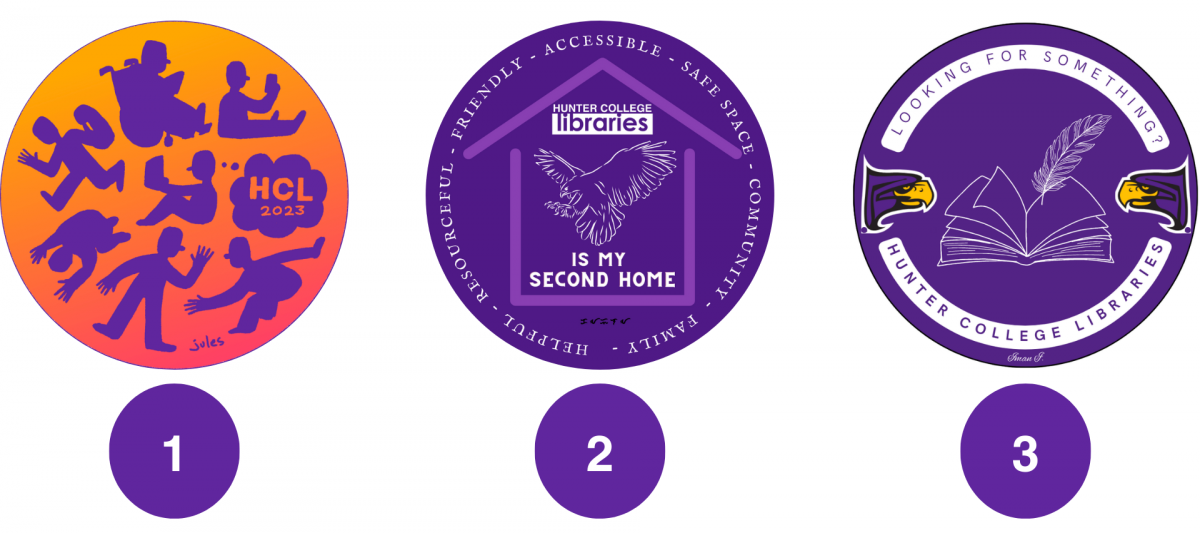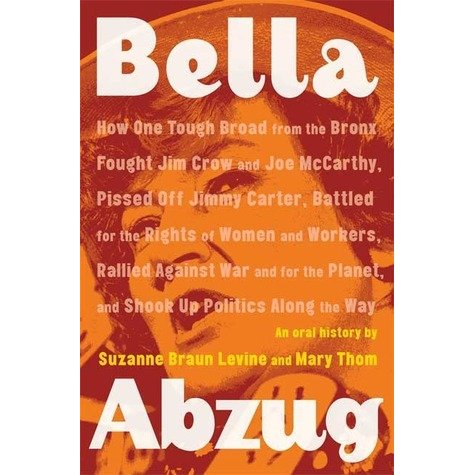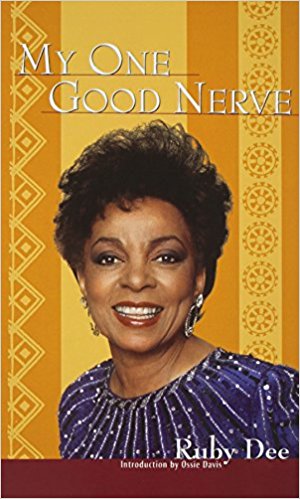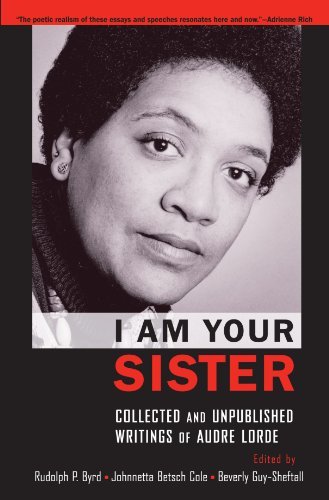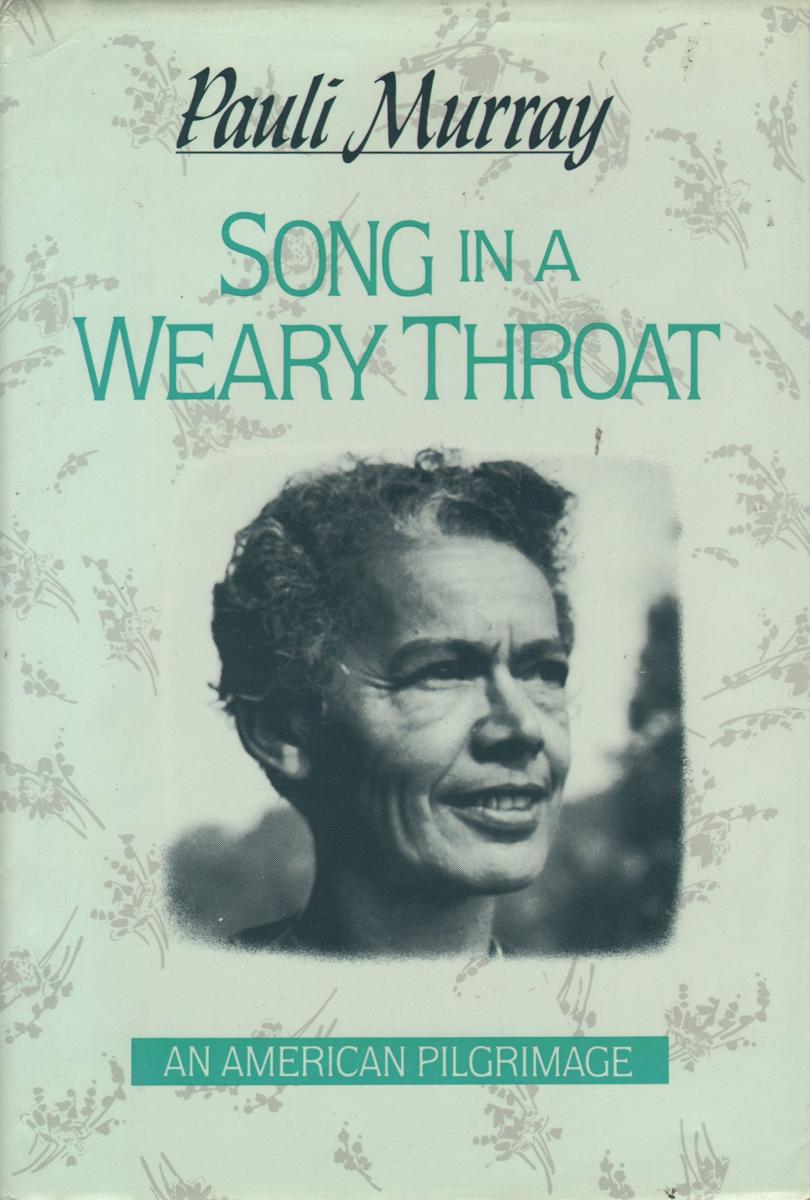Working on a group project? Need to work with your study group? Reserve a private space in the Cooperman Library for your group.
Rooms are available throughout the library, and may be reserved by using the availability grid here. Many rooms in the library also have a QR Code posted outside. You may scan the QR code to reach the availability grid for that room.
Available times will appear green. Click on one of the green squares to select your reservation start time, then chose your end time from the drop-down menu. You can reserve the room for up to two hours at a time, up to two times per a day. Sorry, no back-to-back bookings. When you click "Submit Times" you will be taken to a page that shows our policies for using the rooms. From that page, click "continue" to accept the Terms of Use and enter your name and email address on the next page. You will receive an email confirmation with a check in code and a link to your check-in page. When you arrive for your reserved time, scan the QR code next to the door to check in, or follow the link in your confirmation email. Checking in is important! Your reservation will be cleared if you do not check in within 30 minutes of your booking's start time.
Note: If you reserve a room on the 5th floor, then you must check in at the Circulation/Reserves Desk on the 3rd floor. Library staff at the circulation desk will loan you the key and check you in for your reservation. When you are finished with your reserved time, you will need to return the room key to the 3rd floor Circulation Desk.
General and special policies for the study rooms are on our Study Rooms Policy page. Please let us know if you have have any questions or suggestions.
